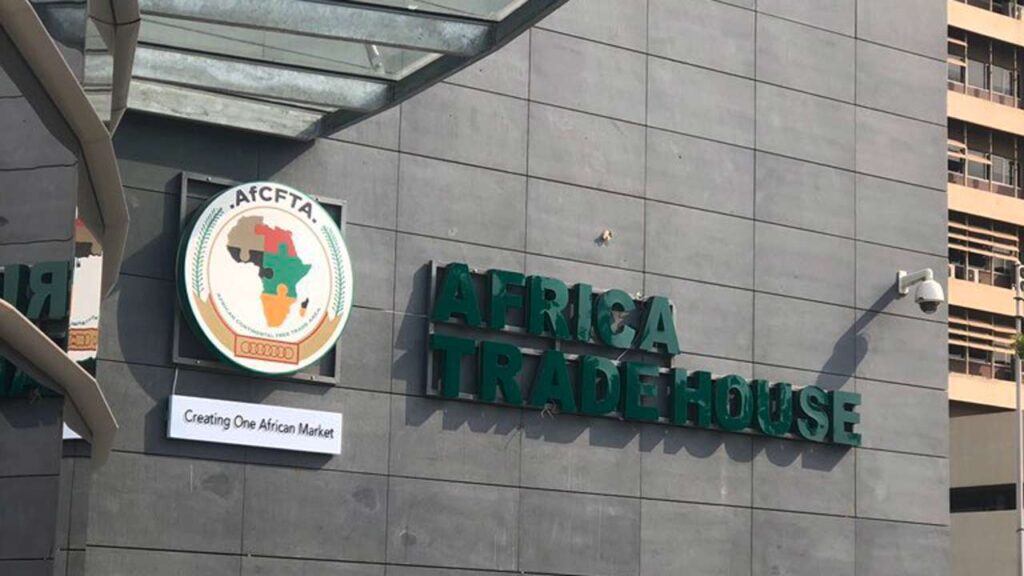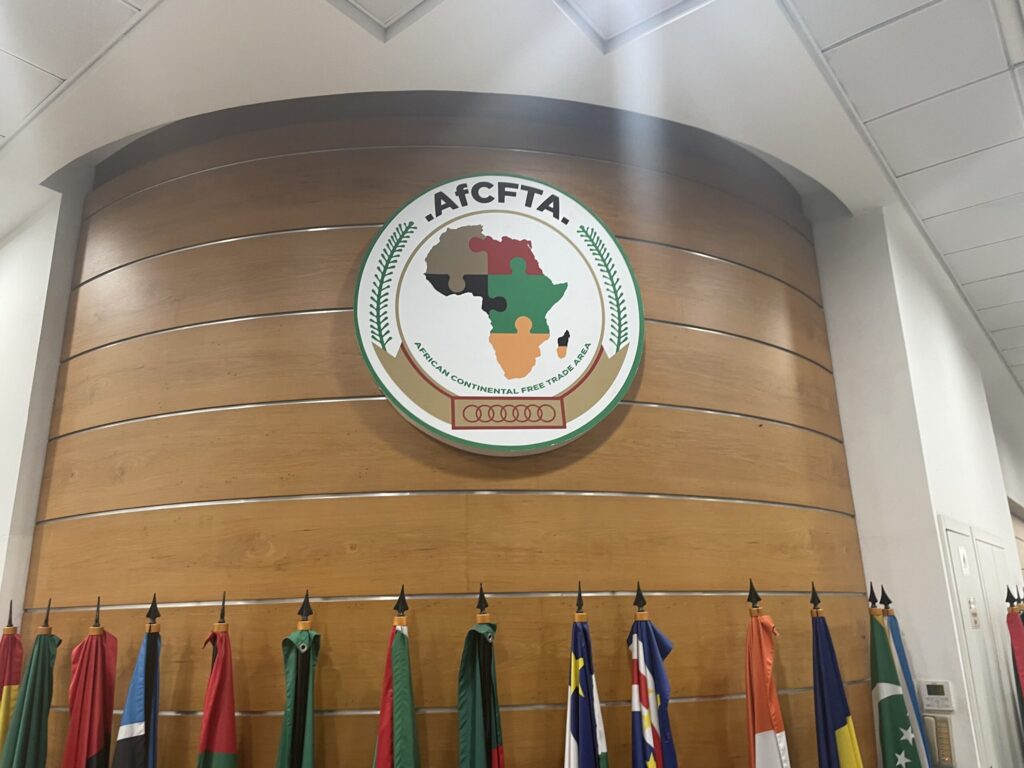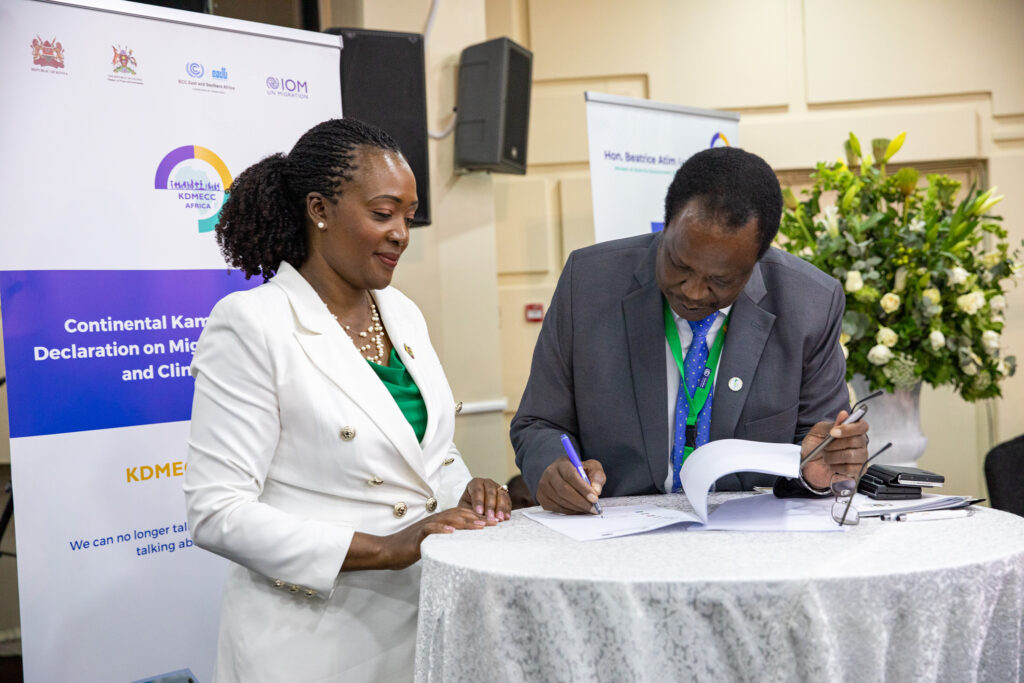
Kampala/Addis Ababa, 11th April 2025 (ECA) – The 11th African Regional Forum for Sustainable Development came to an end with calls enshrined in the Kampala Declaration for African countries to respond to evolving global challenges by focusing on local value addition and intra-continental trade.
The forum was hosted by Uganda, an exemplar of progress on the SDGs. The country’s economic growth has remained resilient, exceeded the African average since the COVID-19 recovery period. According to the Bank of Uganda (2025) economic growth is projected to remain within the range of 6.0% to 6.5% for FY2024/25 and is expected to reach 7.0% in the next 2-3 years, driven by: a stable macroeconomic environment, foreign direct investment in mining and oil, strategic government interventions, increased agricultural production and expected oil revenues.

Claver Gatete, Executive Secretary of the Economic Commission for Africa, thanked President Yoweri Museveni for his government’s commitment to Africa’s transformation. He lauded the delegates and the Uganda Bureau Chair for leading the forum towards the Kampala Declaration. “This is not an ECA document. This is not a UN document. It’s your document – it is African-owned, with your own input, and at the end of the day, we all own it together,” he said.
Reflecting on the evolution of the global financial system, Gatete noted that the cracks in the system had become clear since 2002. “We realized that this financial system is not working for Africa. The Washington Consensus can no longer work for us.” The continent, he said, has since been battered by a series of external shocks, an energy crisis and instability in some countries over the past two decades. Climate impact is more than 5% of GDP, and the continent is under even more pressure. “Africa’s debt now exceeds $1 trillion; with annual interest payments surpassing $100bn, the situation is not sustainable. We must seek solutions,” He stressed.

He said that efforts to apply various innovative financing models, such as green and blue bonds and sustainability bonds, are not enough. Africa must address the high indebtedness and the complexity of the current credit arrangements.
“While the bulk of debt was previously owed to the Paris Club and thus lent itself to easy decision making, there are many more lenders now, including private ones,” he said.
“The combination of factors, including the current geopolitics, makes things difficult. Furthermore, the G20 common framework is not working for Africa; our credit ratings are low.” The fact that only two African countries have ever achieved investment-grade status since independence, Gatete stressed, is “a signal that we need to do things differently.”
“The world is changing, and we need to change,” he said, reiterating calls for the reform of the global financial architecture, the need for a global digital compact that supports Africa’s development priorities and the reform of the Security Council, for Africa’s voice on the table of global governance.

He pointed out that global processes such as FFD-4, the World Social Summit, COP 30 and the LLDC will require inputs from multi-stakeholders – the Kampala Declaration provides Africa’s responses to these critical global processes.
For his part, Leonard Zulu, UN Resident Coordinator, Uganda, praised President Yoweri Museveni for highlighting the urgent need for African countries to transform the continent’s approach to development, recalling that “his message was clear – we must cease exporting our jobs and raw materials.
“The President underlined that instead we must invest in our systems through advanced transportation, affordable greener energy, transformative education and robust financial systems and add intentional value addition to our abundant resources.” Noting the interconnectedness of the challenges the continent faces, Zulu called for collective and integrated responses.
“Durable peace requires sustainable development. Sustainable development requires sustainable financing. Sustainable financing requires control over economic and financial flows and this control requires robust state institutions,” said Zulu.

Zulu further called for investment in science, technology and innovation, as well as a “transformative mindset that prevents the shipping away of jobs through the exporting of raw materials to intentional value addition on them.”
For the continent to grow inclusively, Zulu said, gender equality, youth empowerment and social protection must be prioritised. Partnerships must also be strengthened across government, civil society, the private sector and other stakeholders.
The forum was attended by over 2500 participants, including present and former Heads of State and Government, ECOSOCI, civil society, academia, parliamentarians and representatives of local, regional and international organisations, as well as the African Union Commission. Over 45 side events and pre-events were held online and in a hybrid format. The meeting elected Mauritius to lead the new ARFSD Bureau for the year 2025.
By Peter Quao Adattor








